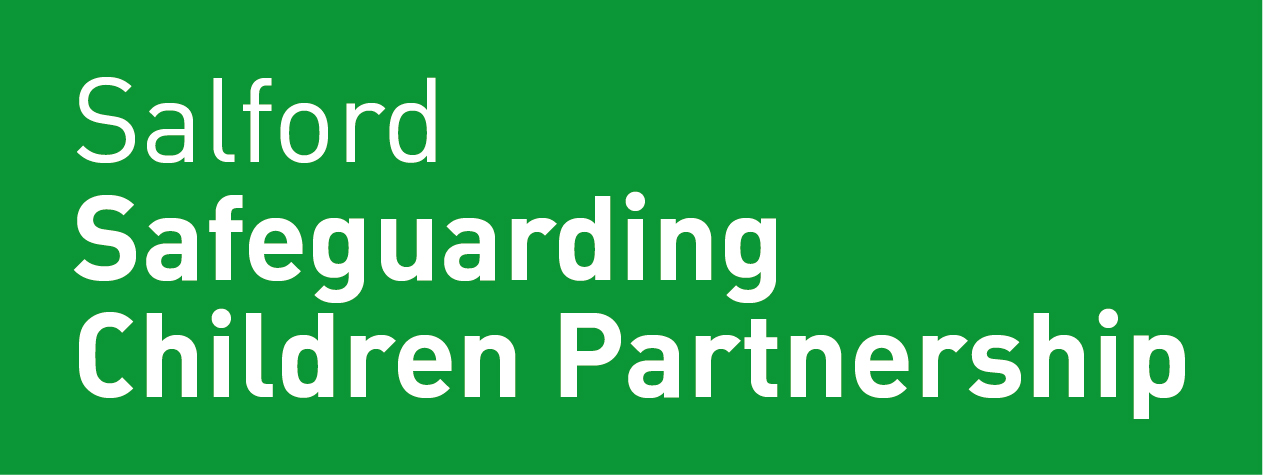Neglect
As a coordinated multi-agency response to address neglect and support families to thrive, the SSCP has developed the Salford Neglect Strategy for children, young people and families which has been developed in conjunction with the Salford Early Help Strategy. A key component of the strategy is the use of the Thriving Families Assessment Tool.
Thriving Families Assessment Tool
Child neglect is a huge priority in Salford and the 'Thriving Families Assessment Tool’ is available to help professionals and practitioners identify cases of neglect. The tool aids discussions with families, guides you on what to ask and what to look for and gives you more confidence to identify neglect. It’s simple and easy to use and feedback from a range of professionals has been positive. A summary document of the tool has also been produced to allow for a quicker assessment of need.
This new assessment tool for identifying neglect is the result of meetings with professionals, evidence gathered during the Neglect Needs Assessment and the evidence base from research about what works in working with, and assessing how the needs of children are being met.
Downloadable assessment and guidance:
- The Thriving Families Assessment Tool Summary Document (2022 word version)
- The Thriving Families Assessment Tool (word version)
- The Thriving Families Assessment Tool (pdf)
- The Thriving Families Assessment tool guidance
- Capacity to change guidance
- Spotting Signs of Neglect Z-Card (PDF)
The tool includes the best elements of a number of different existing models such as the Graded Care Profile and the ithrive model from the Anna Freud Centre to create a new evidence-inspired tool which fits todays parenting, families and the pressures they are facing. It recognises that, in line with the new Salford strategy, sometimes parents/carers just help at a low level/few areas and there is likely to be better engagement when working in a strengths based way.
Copies of the Spotting signs of neglect Z-Card can be collected from Unity House, please contact vickie.hollingworth@salford.gov.uk if you would like to collect Z-Cards for you and your colleagues.
The key objective in creating this new assessment tool was to replace the Graded Care Profile in Salford, to have a format that enables natural discussion and assessment by the professional and parent together, signposting to things that may help along the way. The latter makes the document more strengths based, supports a confident professional in understanding potential support and helps towards a holistic assessment.
Changes include:
- Greater focus on what good looks like, why the areas of need are important, and desired outcomes
- Removal of tick boxes and lengthy pages of scoring
- Addition of emotional health and well-being
- Addition of capacity to change
- We have adopted an approach within the assessment which supports practitioners and families to identify and discuss needs relating to a lack of money or problem debt, which demonstrates the adverse impact of poverty on children and parents and forms a critical part of the city’s approach to Tackling Poverty
- Included information and training to support the tool using Trauma responsive systems
- Complete revision of all sections, merging some areas, bringing descriptors up to date to reflect current family life.
- There are two additions at the top of each section. The first box will contain information we include about ‘what good looks like’ and the second a box for the worker/parents to write a general description of lived experiences on the heading (what happens). This better captures evidence to back up the ‘judgements’ , view lived experiences, opportunity for parents views and an initial moderation between parent/worker views. This should also provide greater evidence for formal procedures, should it be needed.
- Revised guidance
- Inclusion of the ten elements of need from the Youth Council
| Young People said.... | It's in the tool in.. |
|---|---|
| Education | Stimulation and Education |
| Expression | Emotional wellbeing Responsiveness |
| Respect of emotions | Emotional Wellbeing Esteem |
| Belonging | Relationships |
| Understanding | Relationships |
| Food | Nutrition Health |
| Home | Housing |
| Space | Housing Emotional Wellbeing |
| Safety | Safety Physical Care Health |
| Time | Relationships Stimulation and Education Capacity to change |
| Health (Overarching 11th one) | Physical Care |
As with any new evidence-inspired model, Salford Safeguarding Children Partnership and agencies in Salford will use, review, refine prior to finalising, followed by independent evaluation after 6 then 12 months after implementation to determine the usability and impact of the tool on improving outcomes for children and their families. We hope that this will then become part of the evidence base for other areas and a new generation of tackling neglect.
A lunch bowl recording containing further information about the Thriving Families Assessment tool can be found on the SSCP you tube channel.
Downloadable documents
- Salford Thriving Families and Neglect Strategy 2020-2023 (Adobe PDF Format, 1mb)
- Salford Neglect Needs Assessment (Adobe PDF format, 3.8mb)
- Ways in which children can experience neglect (Adobe PDF format, 471kb)
- 7 minute briefing includes a plain text version
Worried about a Child
All enquiries concerning the welfare or safety of a child must go through the Bridge Partnership on the online referral form.
If you have any safeguarding queries, please call The Bridge Partnership on 0161 603 4500 (Monday to Friday from 8.30am to 4.30pm). If you need to speak to somebody outside these hours, please call the Emergency Duty Team on 0161 794 8888.
Latest news
Details of all the latest news from the Salford Safeguarding Children Partnership.

